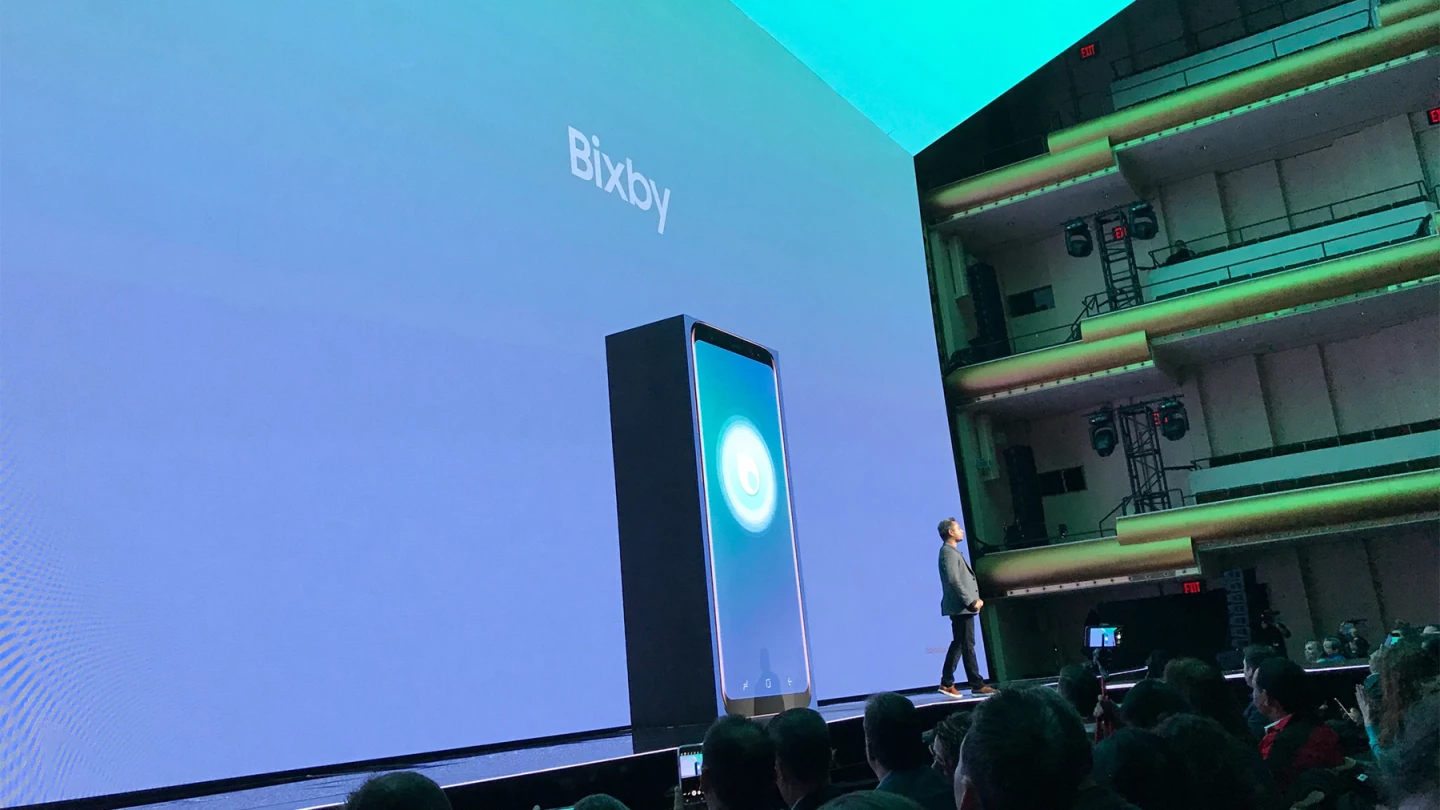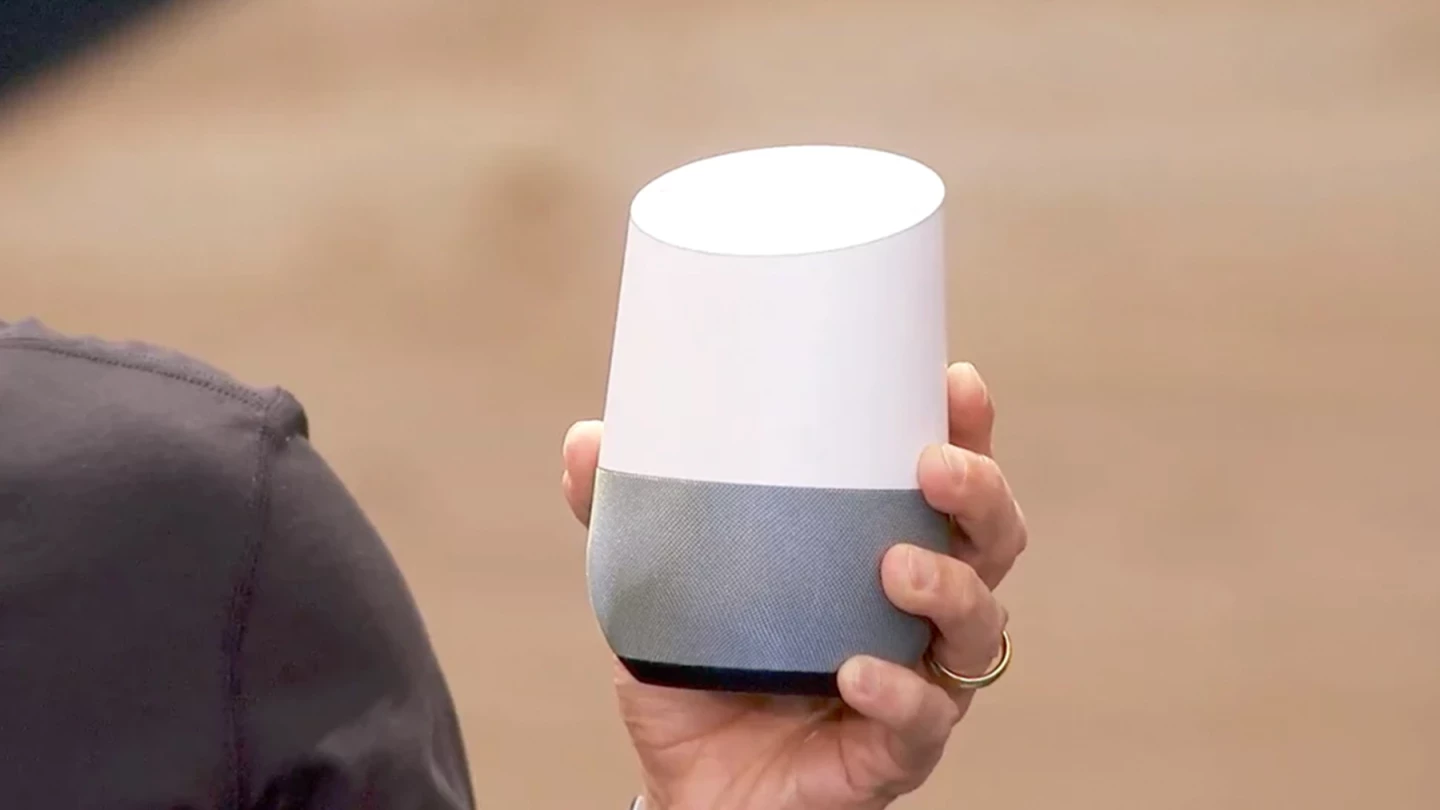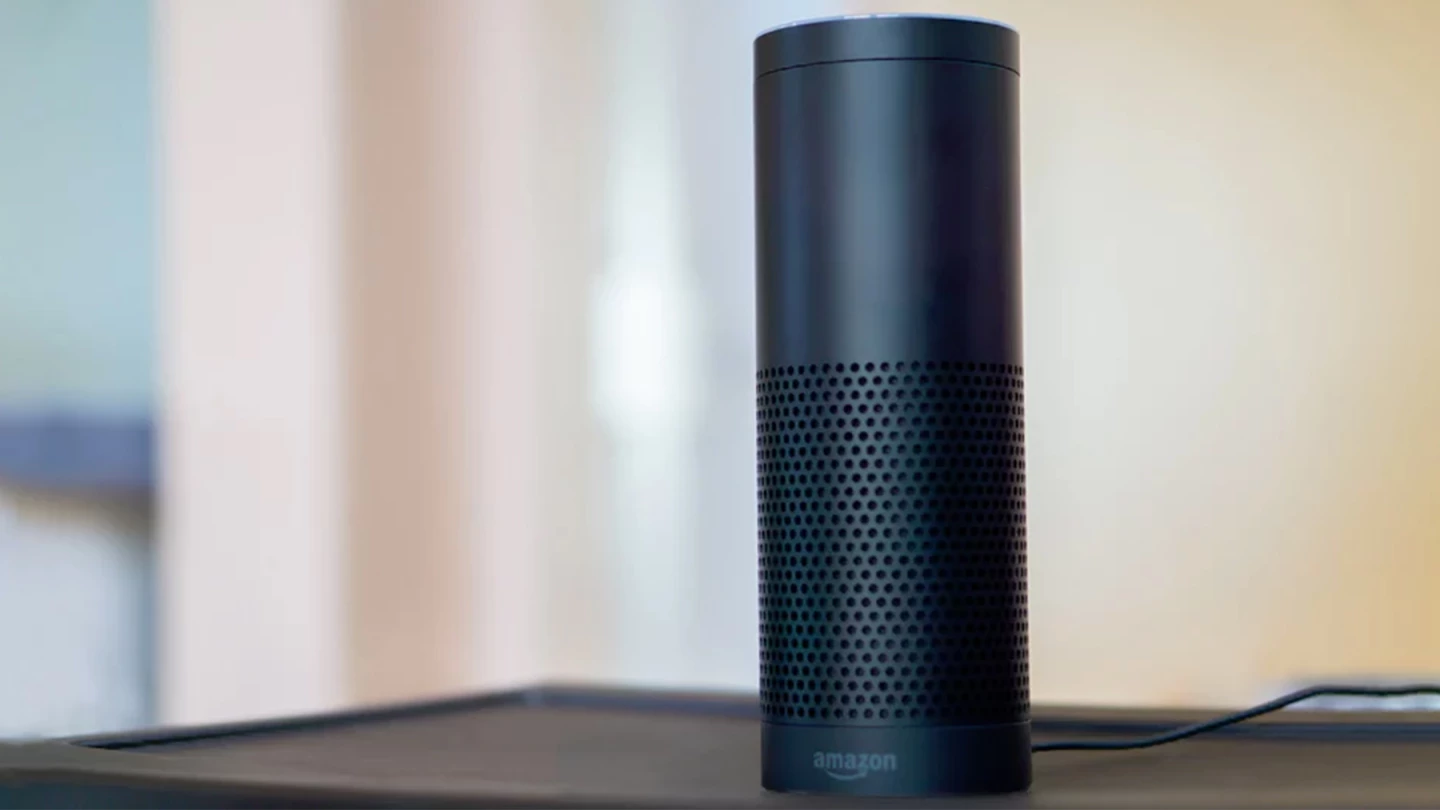Why are Apple, Samsung and Google marketing AI assistants so earnestly? They're not just battling for phone sales. They're also battling to control your entire consumer technology ecosystem.
Assistants are certainly helping to sell phones, but perhaps not to the extent that one might think based on media attention and heavy shilling from their makers. The marketing intelligence group Fluent recently conducted a survey which reported that 23-percent of consumers are loyal to a particular assistant, but 50-percent – more than twice as many users – indicated that they don't care if their phone has an assistant at all.
Of the respondents, 29-percent of iPhone owners and 25-percent of Samsung owners profess to be AI-loyal, but considering that the leading virtual assistants are very similarly capable, we wonder if customers are simply transferring brand loyalty to their preferred maker's AI (rather than vice versa).
Siri made waves at its introduction in iOS 5 and the iPhone 4S, prompting competitors like Google and Samsung to respond with their own versions of voice control. Most recently, Google made an effort to bill its Pixel phones as the first to ship with Google Assistant, and Samsung's Bixby made a marquee debut in the Galaxy S8 series.
However, those two hotly marketed "new" technologies seemed to be nothing more than 2.0 versions of Google Now and S Voice, respectively. Google Now introduced some new assistant features thanks to its integration with Google's predictive algorithms and the user's Gmail account, but otherwise has not been dramatically upgraded. S Voice did not represent any major innovation, and while it's been gradually improving over the last five years, the eponymous Siri has made only a few major advances since launch.

In the same Fluent survey, 33-percent of users did not care about the introduction of Bixby at all while 37-percent admitted to being completely unaware of it. These folks probably don't care that the Galaxy S8 and S8+ launched without full Bixby capabilities (there's still no voice control), but the significant fraction (26-percent) of Samsung smartphone users that reported positive feelings about Bixby stand to be disappointed with the half-baked feature set at launch. If that's the case, why launch Bixby at all?
It's mostly because Samsung and other smartphone makers are prioritizing the long game over of-the-moment capabilities, if recent releases, conversations and rumors are any indication. They're not just trying to make it easier to use your phone with your voice. They are also looking to trounce Alexa and Amazon Echo, the current leading AI-driven smart home assistant and hub.
Samsung, for instance, made no secret for its ambitions with Bixby. Samsung wants to someday integrate Bixby voice control into pretty much everything from phones and computers to home appliances.

Google has not spoken as explicitly as Samsung, but the recently launched Google Home with Google Assistant are the only direct competitors to the Amazon Echo/Alexa at the moment. Not only did Google make an effort to give Google Assistant extra publicity by re-naming it and launching it with the first made-by-Google smartphones, it also rolled out the Assistant to all recent Android phones. Evidently it is more important to Google that the Assistant catches on than that it fuels smartphone sales.
There are also strong rumors that Apple will announce a high-end competitor to Amazon Echo in the near future. According to credible reports from industry analyst Ming-Chi Kuo via 9to5Mac, the forthcoming Siri speaker is shaping up to be Apple's attempt to get its foot in the smart home door, and supposedly has about a 50-percent chance of being launched at WWDC in June. There doesn't seem to be a question of if Apple will launch this product, there only seems to be a question of when.
So while there might be some degree of-follow-the-leader happening here, the tech industry's big leaders aren't necessarily opting into the AI assistant trend based on a case of the me-toos. As AI gets smarter, it's poised to dramatically alter the realities of our everyday computing platforms. Google, Apple, Samsung and Amazon are all battling for market share in the emerging IoT, wearables and smart home spaces.

Will virtual assistants catch on as much as these companies hope? Well, as connected smart devices continue to gain footholds, it will be a natural progression for AI and IoT to grow alongside one another. But success will also rely on AI assistant technologies passing a certain utility threshold.
Right now, smartphone assistants are largely useful at times when you require hands-free operation or only need to complete very simple tasks. Otherwise, it is usually quicker and easier (and, in social settings, less awkward) to navigate your smartphone with the taps, swipes and presses with which we have grown so familiar. While AI assistants are steadily improving, they're still quite limited. The experimental bots and chatbots of today need to push us toward the conversational and adaptive assistants and algorithms of tomorrow.







